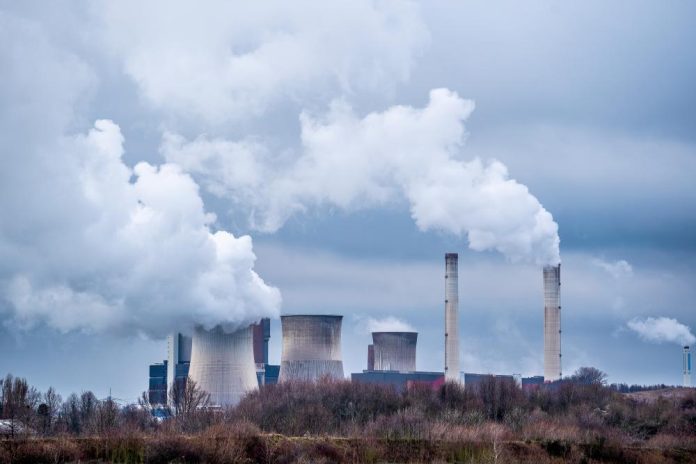12 EU countries may not meet their national climate targets under the Effort Sharing Regulation (ESR), according to Yahoo News.
According to a study analysing national climate plans, 12 EU countries may not meet their targets and seven more are at risk of not meeting their targets. If they fail to meet the necessary emissions reductions, they may have to pay financial penalties.
The ESR is a policy framework that is part of the EU’s climate and energy package. It sets binding national greenhouse gas emission targets for the 27 Member states and requires them to collectively reduce emissions by 40 per cent (compared to 2005) by 2030.
Member states must meet climate targets in five key sectors: road transport, construction, small industry, waste and agriculture. Each target is adjusted according to the country’s GDP, with richer countries having stricter requirements.
Under current EU country plans, emissions will be reduced by only 35.5 per cent by 2030, 4.5 per cent short of the 40 per cent target, with some countries doing much worse than others.
The Transport & Environment (T&E) report says the two worst performing countries are Germany and Italy. Germany is projected to miss its climate targets by 10 per cent and Italy by 7.7 per cent.
France will only reach its targets by a very small margin. Any policy reversal or even a cold winter leading to increased energy consumption could mean failure.
Carbon credits
Under the ESR, countries that do not meet their climate targets can buy carbon credits from those that do. The price of these credits is determined by the two countries making the deal. Experts predict they could each be sold at an average price of €129.
The member states likely to accumulate the largest amount of these excess credits are Spain, Greece and Poland. Spain is projected to be 7 per cent overdrawn and could receive around €10 billion from countries that are not on track.
However, according to the study, Germany alone could eat up 70 per cent of the available loans. This could result in the country having to pay 16.2 billion euros. Italy, for its part, could face costs equivalent to €15.5 billion.
But, as the T&E report warns, because so many countries will miss their targets, there is likely to be a shortage of credit. This would drive up prices as it could lead to a bidding war in 2030, Sofie Defour, climate director at T&E, noted.
The sheer amount of penalties countries might need to pay in 2030 is mind blowing. Countries face a clear choice: pay billions to their neighbours for their carbon debt, or implement new policies that improve the life of their own citizens, such as insulating houses.
Countries were expected to submit new National Energy and Climate Plans (NECPs) on 30 June, but only four countries met the deadline. Those are the Netherlands, Denmark, Finland and Sweden.
Only six – Croatia, the Czech Republic, Hungary, Luxembourg, Slovenia, and Spain – received a clear pass mark from the Commission, which evaluates the plans. Denmark made some changes to its draft documents, including in areas related to the ESR.
